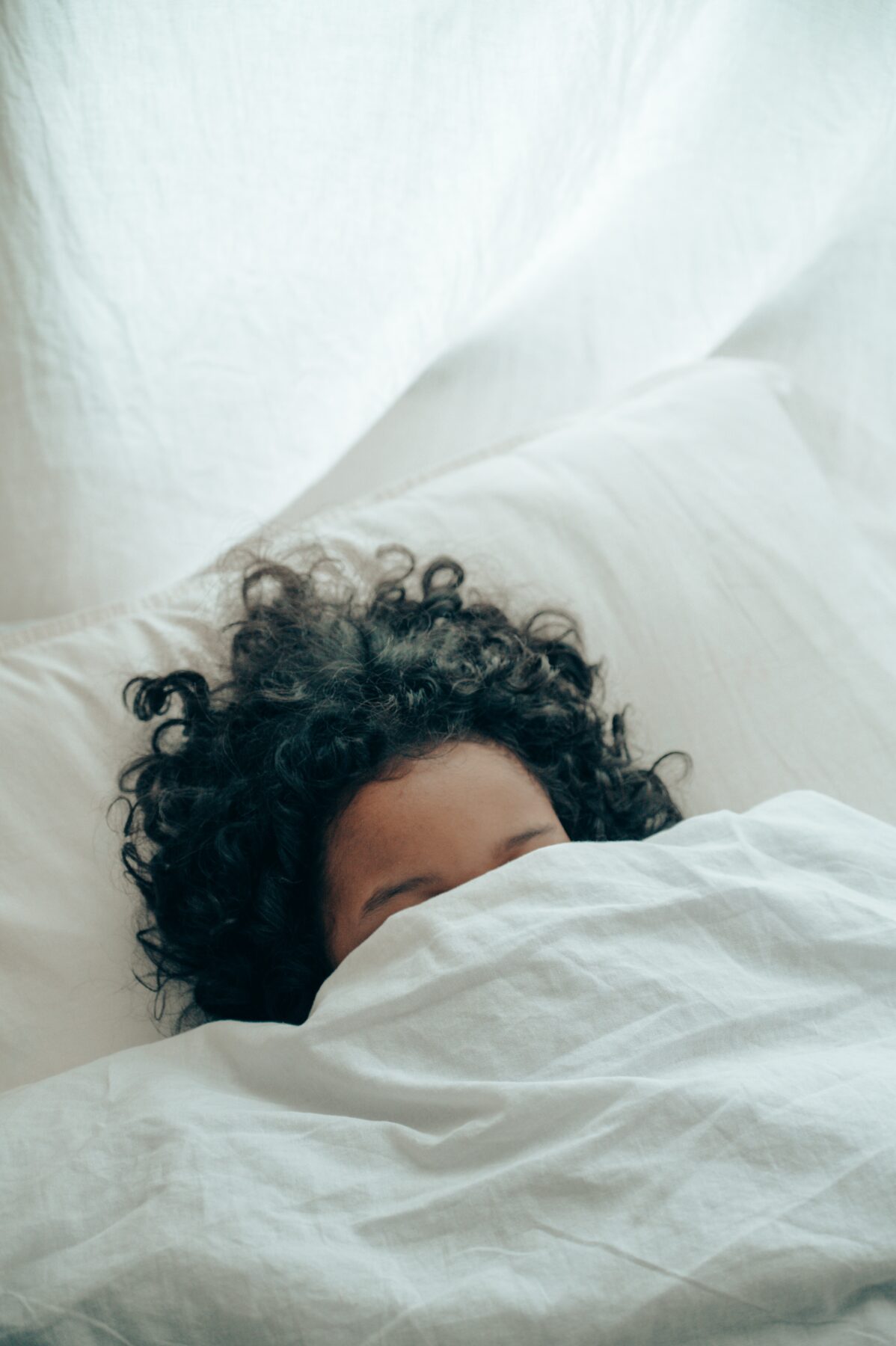Future Trends For Sleep

Counting sheep and catching z’s might seem straightforward if you get enough sleep. For many adults, though, getting a good night’s rest can be tricky; according to the CDC, around 35% of adults in the U.S. get less than 7 hours of sleep per night.
So what impact does a lack of sleep have on physical and mental well-being? And how much sleep is the perfect amount for optimal health?
Let’s examine why a sufficient snooze is vital for your health.
Why Is Sleep Important?
Getting enough sleep is just as important as maintaining a healthy diet and exercising. Numerous processes that support the brain, heart and immune system occur while you sleep. Sleep enables the body to fight off disease effectively and reduce the risk of chronic disease. The CDC recommends that adults get at least 7 hours of sleep each night, while adolescents need at least 8 to 10 hours of sleep to support their development.
What Are the Advantages of Future Sleep Trends?
Advances in sleep technology mean that those who struggle to sleep can also enjoy the benefits of getting a good night’s sleep. Future sleep trends can provide a solution for those suffering from sleep disorders such as sleep apnea, insomnia and narcolepsy.
Temperature-Controlled Duvets

An impressive sleep trend for hot sleepers is temperature-controlled duvets. Most brands are made with natural fibers such as wool or goose down for a breathable and cooling experience. A natural duvet filling helps regulate your body temperature and absorbs moisture.
Sleep Apnea Technology
Sleep apnea is a common sleep disorder affecting about 30 million people in the U.S., according to American Medical Association. Options for treatment include positional therapies, nerve stimulation and oral devices that regulate and reduce sleep apnea symptoms.
Sleep Trackers
Sleep tracking devices record the amount of time a person is inactive. Many devices can track sleep quality, room temperature and stress levels to help the user get a better night’s rest. Getting the correct amount of sleep can reduce feelings of stress and anxiety by lowering blood pressure and regulating hormone levels. Some sleep trackers will monitor your sleep phases and set the alarm for a lighter sleep phase.
What are the Challenges of Getting Good Sleep?
Sleep problems are a common occurrence among modern Americans. According to the CDC, approximately 70 million Americans experience chronic sleep problems. Stress, technology and lifestyle factors can all play an essential role in the quality of sleep we receive.
Working From Home
Many remote workers conduct their business with their beds in the background. Working this way makes it almost impossible to switch off when it comes to bedtime. Moving the office into a bedroom can disrupt regular sleeping patterns. Remote workers should dedicate a space outside the bedroom for their office work to set clear work boundaries within the home.
Social Media & Devices

Social media platforms and smartphones have a growing base of over 2.5 billion users, many of whom engage in nocturnal social media use. The blue light from electronic devices can disrupt the production of melatonin, which prepares the body for sleep. Computer screens, e-readers, televisions and smartphones should be avoided to improve the sleeping environment.
Shift Patterns
People who work unusual shifts are prone to sleep disorders such as Shift Work Sleep Disorder (SWSD). They can experience excessive fatigue, insomnia, headaches and lack of focus. Working unusual hours (any time before 9 a.m. or after 5 p.m.) can disrupt the body’s circadian rhythm and cause sleep issues. Shift workers who experience sleep problems are more likely to experience gastrointestinal issues, drug addiction and other health-related complaints.
Final Thoughts
Feeling sleep-deprived can feel neverending and exhausting. Getting enough rest is vital for maintaining a healthy weight and caring for your mental well-being. Some helpful tips for building a better sleep routine include:
- Dim lighting
- Switching off or removing devices
- Adjusting the room temperature
- Writing lists
Creating healthy habits and utilizing sleep technology could improve sleep and health in the long term. Speak to your doctor if you need further advice on how to get a good night’s sleep.
About the Author

Rachel Melegrito left her career as a university instructor to become a full-fledged content writer. She is also a licensed occupational therapist and a budding SEO strategist.






